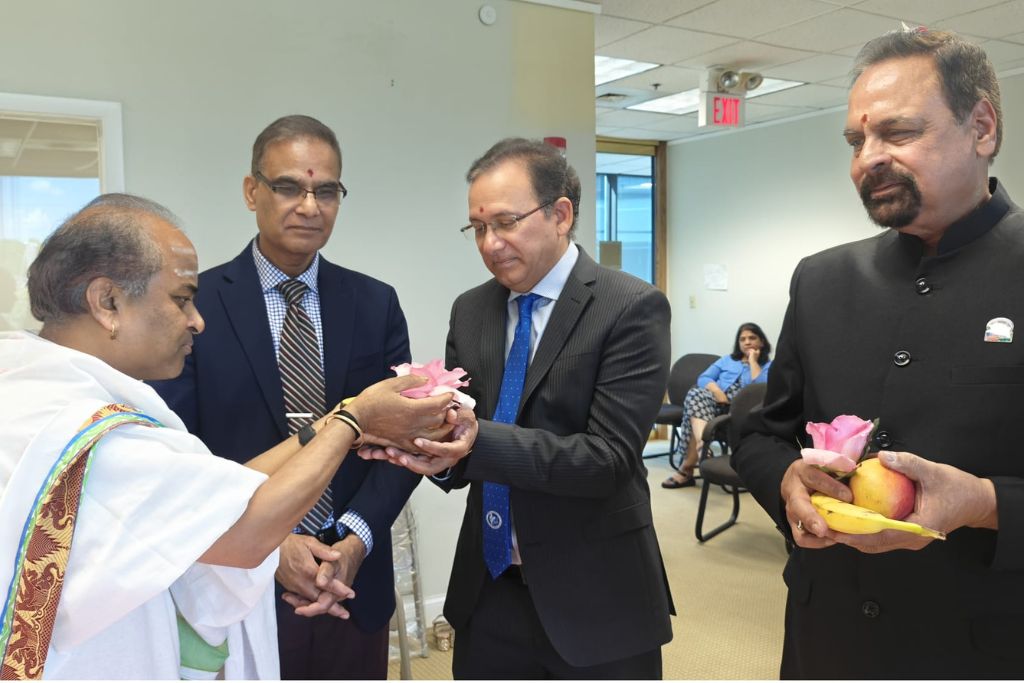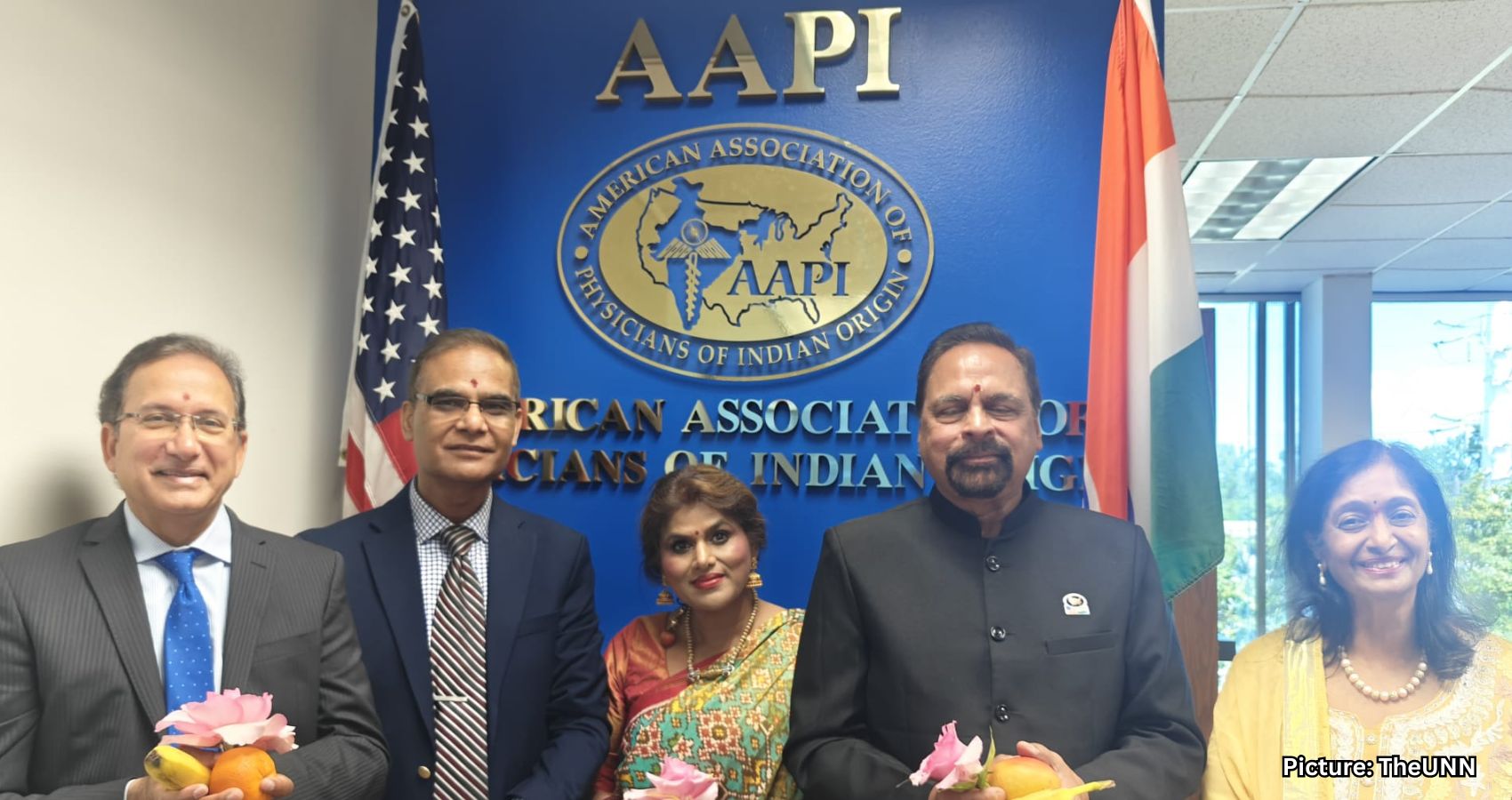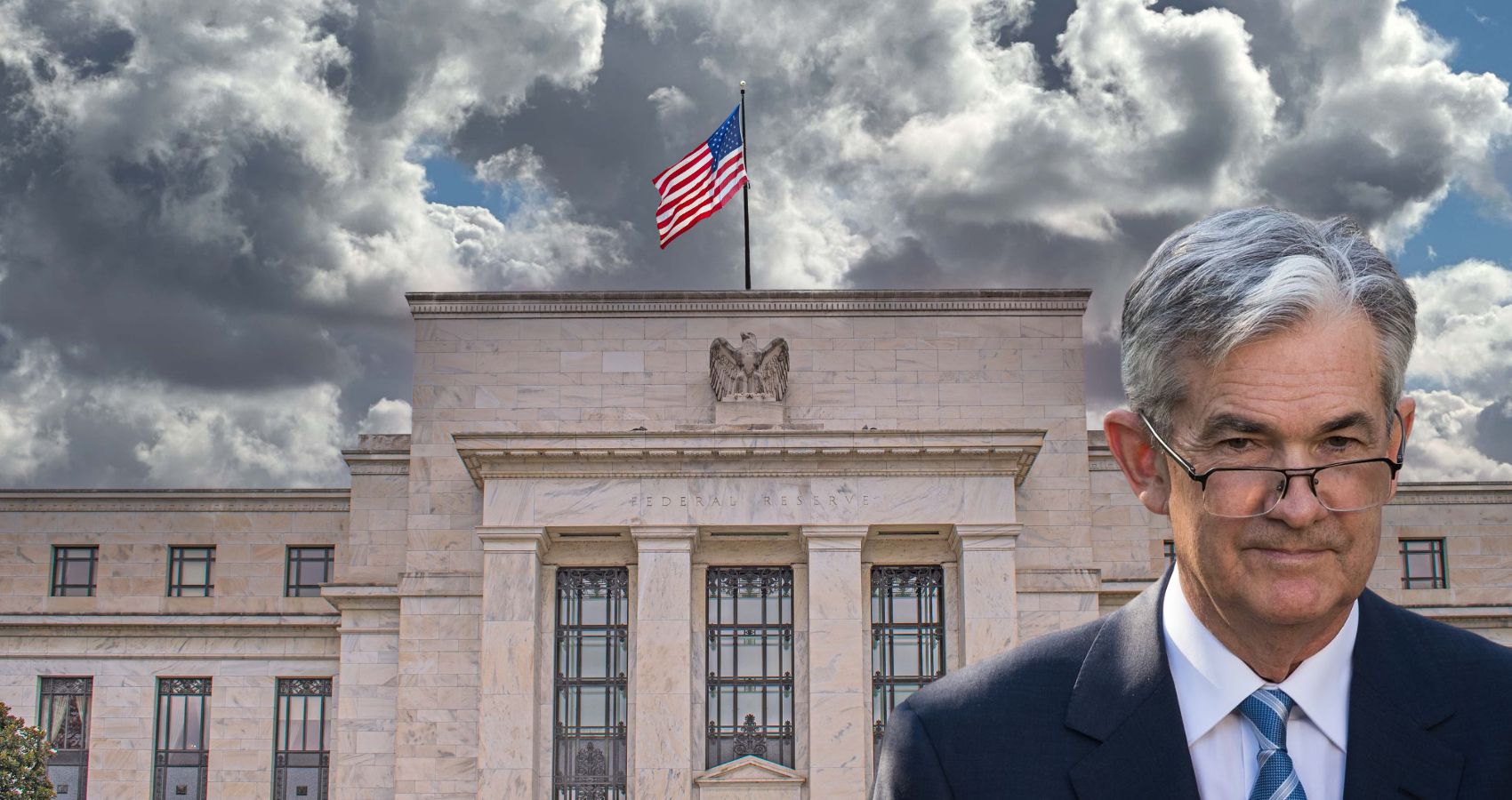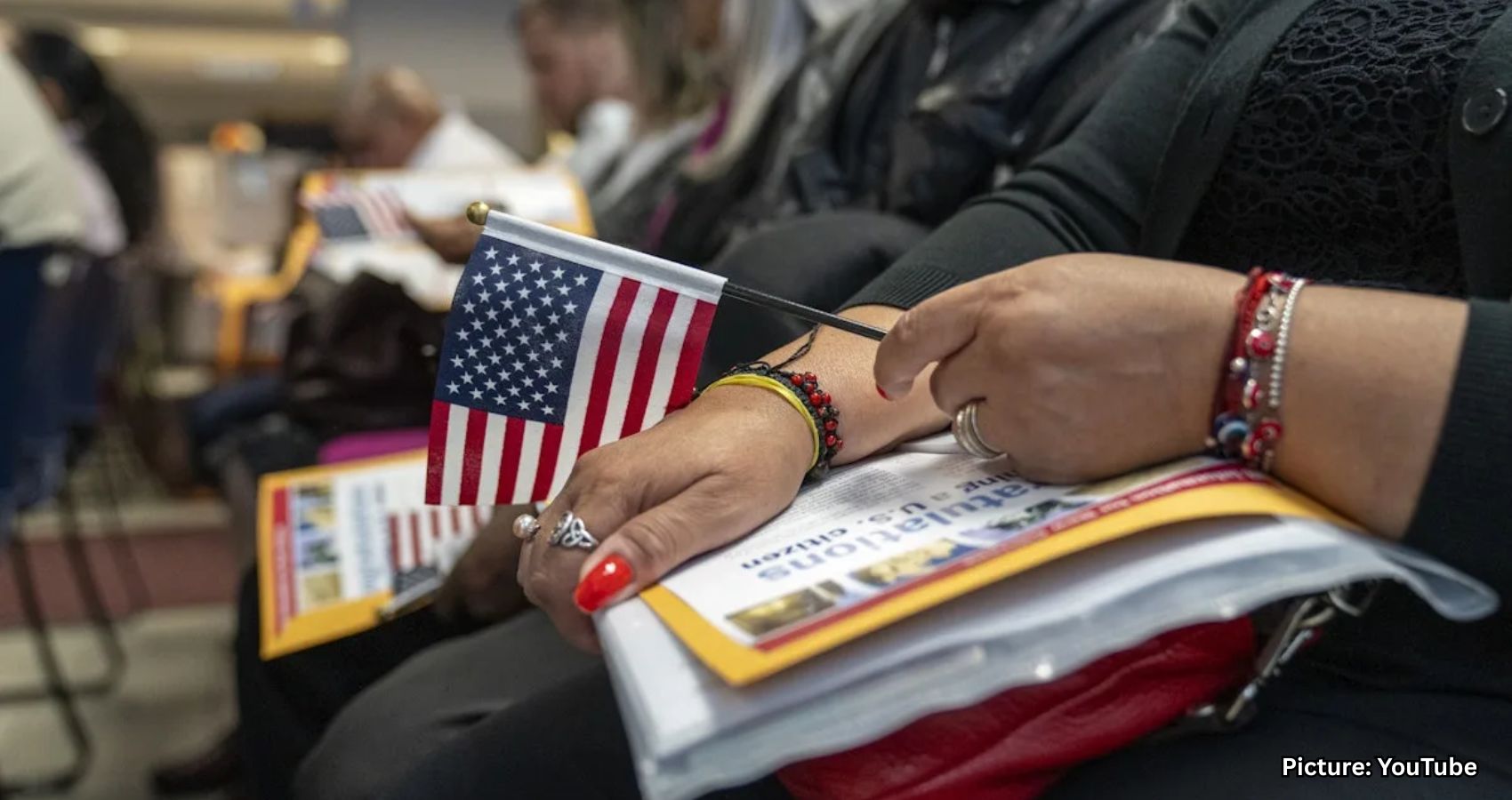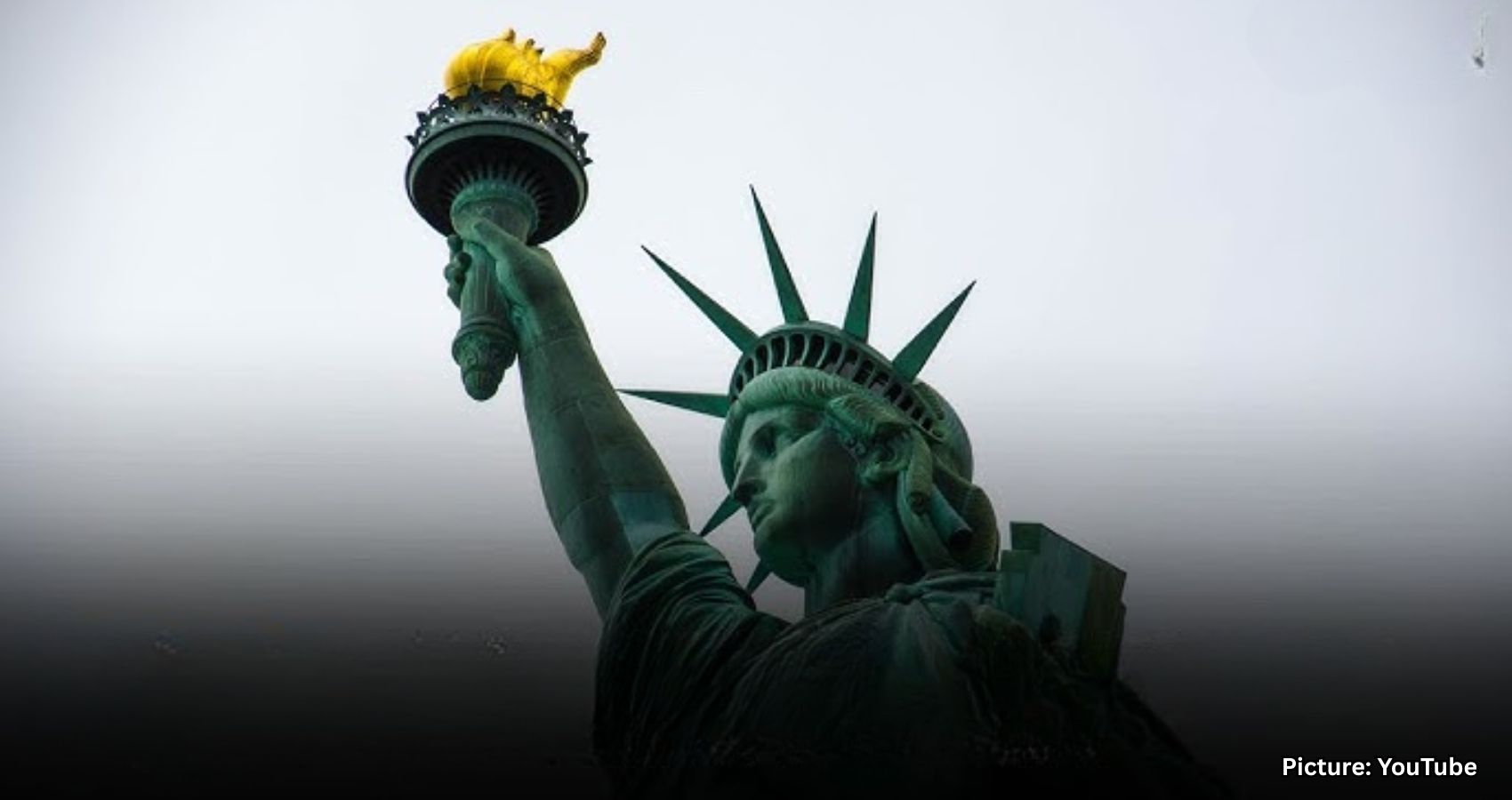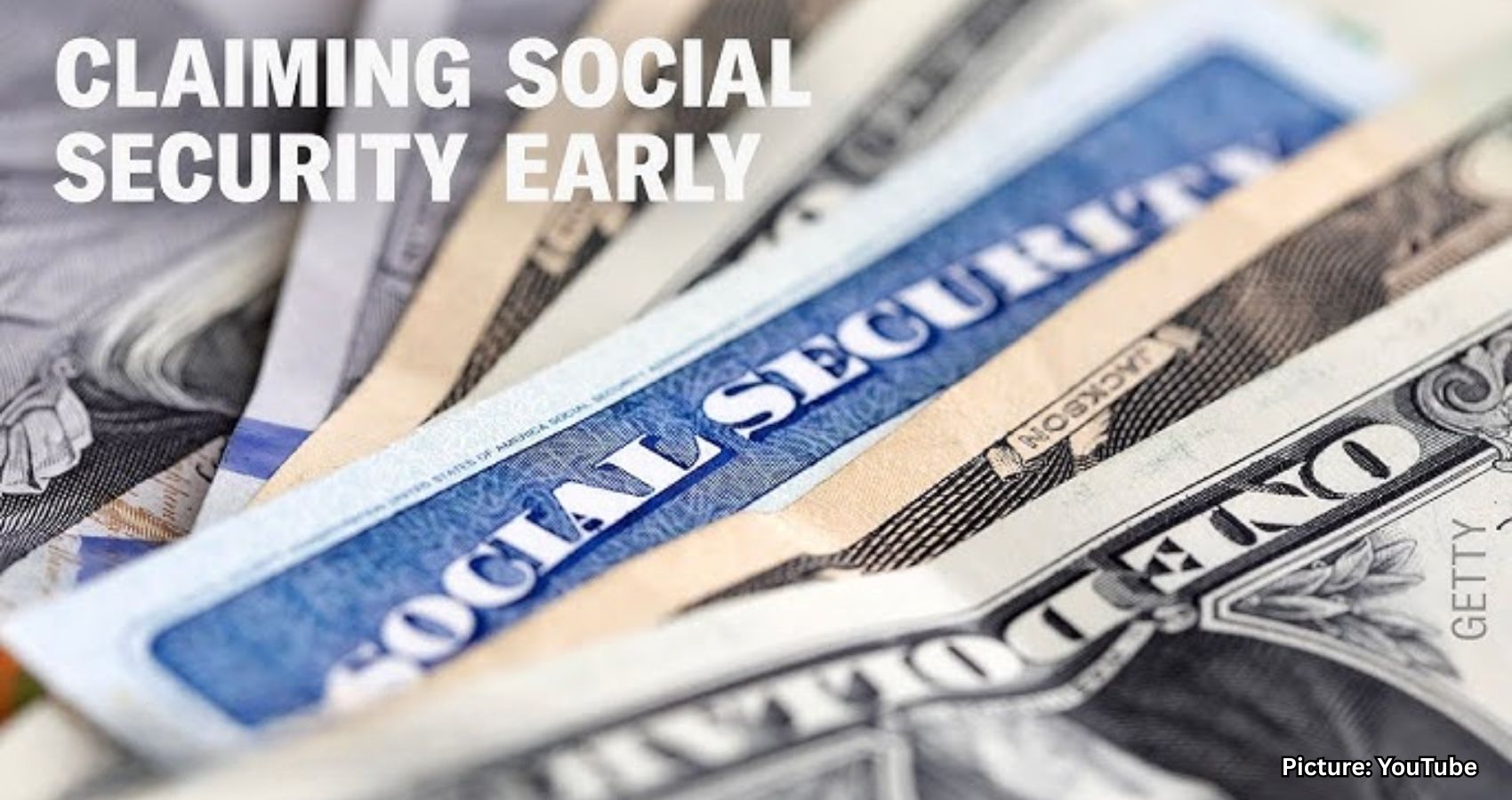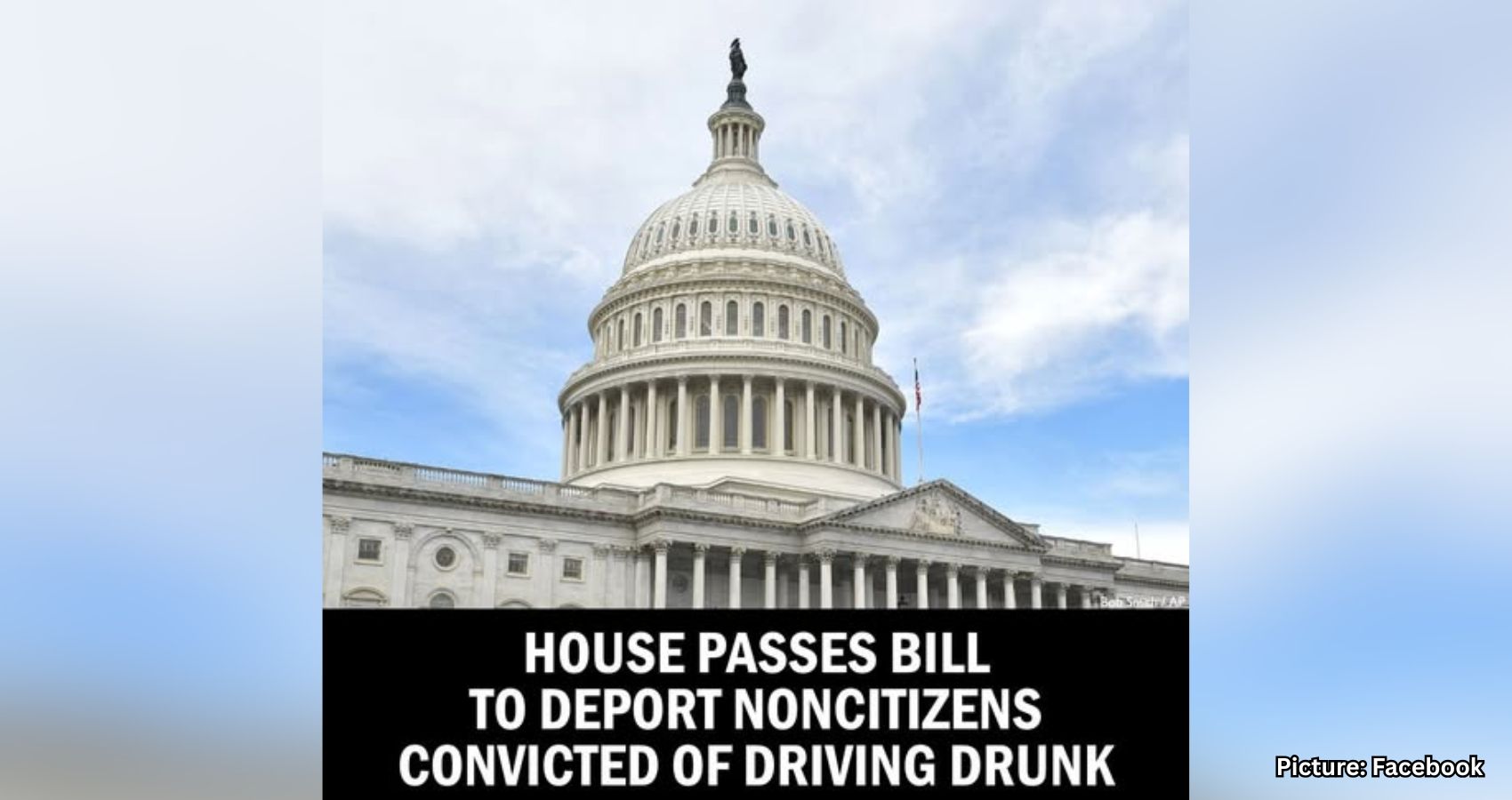The Justice Department is increasingly focusing on stripping U.S. citizenship from certain naturalized Americans. According to a memo dated June 11, DOJ leadership is instructing attorneys to prioritize denaturalization in cases involving naturalized citizens who have committed specific crimes. The directive also grants U.S. attorneys more authority in deciding when to pursue such actions. This policy shift targets individuals not born in the United States, and as of 2023, nearly 25 million immigrants had obtained U.S. citizenship through naturalization.
The new emphasis on denaturalization has already produced results. On June 13, a judge revoked the citizenship of Elliott Duke, an American military veteran originally from the United Kingdom who uses they/them pronouns. Duke had been convicted of distributing child sexual abuse material, a crime they later admitted to committing even before becoming a U.S. citizen.
Historically, denaturalization was a prominent tool during the McCarthy era in the late 1940s and early 1950s. It was further utilized during the Obama administration and expanded under President Trump’s first term. The process has typically targeted individuals who concealed past crimes or affiliations with banned organizations—such as the Nazi Party or communist groups—on their citizenship applications.
In his memo, Assistant Attorney General Brett A. Shumate emphasized the importance of this effort: “The Civil Division shall prioritize and maximally pursue denaturalization proceedings in all cases permitted by law and supported by the evidence.”
This renewed focus aligns with the Trump administration’s broader effort to reshape the U.S. immigration system. President Trump has made immigration policy a central issue in his governance, seeking to end birthright citizenship and reduce refugee admissions. These moves reflect a fundamental redefinition of who is entitled to American citizenship.
However, constitutional scholars and immigration experts have expressed significant alarm about this denaturalization push. Cassandra Robertson, a law professor at Case Western Reserve University, noted that the DOJ’s reliance on civil litigation for denaturalization raises serious concerns. In civil court, those targeted do not have the right to government-appointed attorneys, the standard of proof is lower, and cases can be resolved more quickly.
Robertson warned, “Stripping Americans of citizenship through civil litigation violates due process and infringes on the rights guaranteed by the 14th Amendment.”
Still, the move has supporters. Hans von Spakovsky of the Heritage Foundation endorsed the initiative, stating, “I do not understand how anyone could possibly be opposed to the Justice Department taking such action to protect the nation from obvious predators, criminals, and terrorists.” Regarding concerns over legal representation, he added, “Nothing prevents that alien from hiring their own lawyer to represent them. They are not entitled to have the government — and thus the American taxpayer — pay for their lawyer.”
He further argued, “That is not a ‘due process’ violation since all immigration proceedings are civil matters and no individuals — including American citizens — are entitled to government-furnished lawyers in any type of civil matter.”
Neither the DOJ nor the Trump White House commented on the matter.
The June 11 memo significantly broadens the categories of offenses that could trigger denaturalization. These include crimes related to national security and fraud against individuals or the government, such as Paycheck Protection Program loan fraud or Medicaid and Medicare fraud.
Sameera Hafiz, policy director at the Immigrant Legal Resource Center, described the administration’s new approach as “very shocking and very concerning.” She stated, “It is kind of, in a way, trying to create a second class of U.S. citizens,” implying that naturalized citizens remain vulnerable to losing their status despite having followed legal processes.
Adding to these concerns, the memo grants federal attorneys the discretion to pursue denaturalization cases beyond the listed categories. “These categories do not limit the Civil Division from pursuing any particular case,” the memo reads, further noting that priorities may include “any other cases referred to the Civil Division that the Division determines to be sufficiently important to pursue.”
Steve Lubet, professor emeritus at Northwestern University’s Pritzker School of Law, found this language troubling. “Many of the categories are so vague as to be meaningless. It isn’t even clear that they relate to fraudulent procurement, as opposed to post-naturalization conduct,” he observed.
Von Spakovsky countered that the government is right to be uncompromising. “When we extend the opportunity for naturalization to aliens, we are granting them a great privilege — the privilege of becoming a U.S. citizen,” he said. “Anyone who has abused the privilege of the opportunity of becoming a U.S. citizen should have that citizenship revoked when they engage in such reprehensible behavior.”
Lubet also pointed out the broader implications for families, particularly children who derived citizenship through a naturalized parent. “People who thought they were safely American and had done nothing wrong can suddenly be at risk of losing citizenship,” he said.
The DOJ did not address questions about how children of denaturalized parents would be affected or what would happen if individuals were rendered stateless.
The case of Elliott Duke appears to be an early example of how the new denaturalization efforts might play out. Duke, who became a U.S. citizen in January 2013, was found to have started distributing child sexual abuse material while serving in Germany in 2012. Duke relinquished their U.K. citizenship to become an American. The DOJ filed the case in February in Louisiana, citing both the prior conviction and Duke’s failure to disclose criminal activity during the naturalization process.
During the legal proceedings, Duke struggled to secure representation and could not attend court in Louisiana. “My heart shattered when I read the lines [of the order]. My world broke apart,” Duke said.
Shumate, in a statement, warned, “If you commit serious crimes before you become a U.S. citizen and then lie about them during your naturalization process, the Justice Department will discover the truth and come after you.”
Laura Bingham, executive director of the Temple University Institute for Law Innovation and Technology, cautioned that the Duke case sets a worrying precedent. “Citizenship is not supposed to be something that you can continuously open up for some people, and you can’t for others,” she said.
Historically, denaturalization surged during the McCarthy era, with over 22,000 cases filed annually. “At the height of denaturalization, there were about 22,000 cases a year… It was huge,” Robertson recalled. However, a 1967 Supreme Court ruling curtailed the practice, citing its incompatibility with democratic values.
From that point until the Obama era, denaturalization became rare. The Obama administration revived it with initiatives like Operation Janus, which sought out potential naturalization fraud, especially linked to national security concerns.
Trump’s first term saw further expansion, with a preference for pursuing denaturalization through civil rather than criminal courts. Although Robertson questions how many cases will meet the criteria outlined in the recent memo, she fears the aggressive push may target individuals with minimal infractions. “It fits in with the other ways that we’ve seen immigration enforcement happening,” she said.
This recent policy shift marks a significant chapter in U.S. immigration enforcement, raising crucial questions about due process, equal protection, and the long-term security of naturalized citizenship.
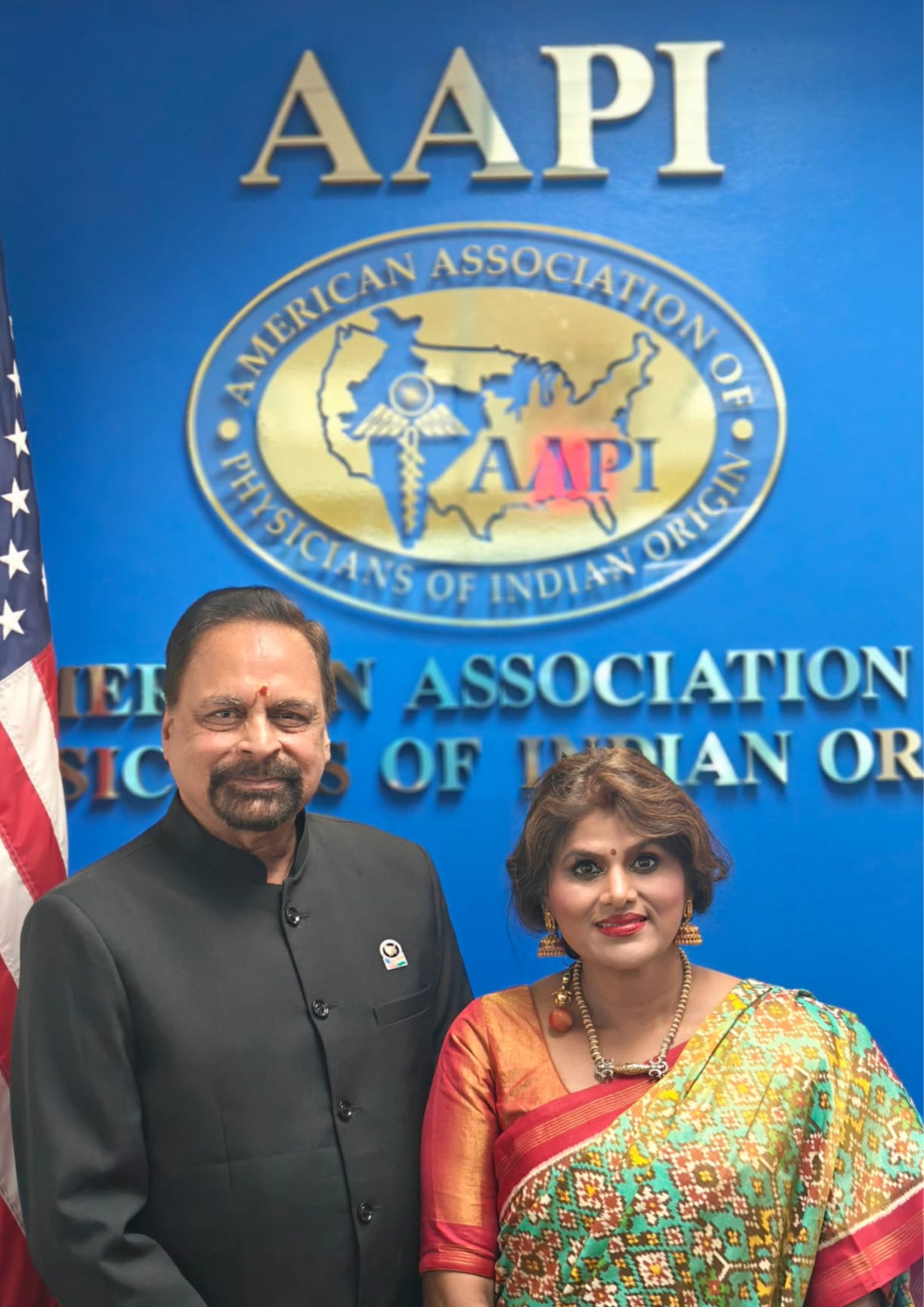 For the first time in the history of the American Association of Physicians of Indian Origin (AAPI), during a formal ceremony Dr. Amit Chakrabarty and Dr. Hetal Gor were formally administered the oath of office as the President & Chairperson of the Board of Trustees of AAPI, respectively at a solemn ceremony at the AAPI office in Oak Brook, IL, on July 3rd, 2025.
For the first time in the history of the American Association of Physicians of Indian Origin (AAPI), during a formal ceremony Dr. Amit Chakrabarty and Dr. Hetal Gor were formally administered the oath of office as the President & Chairperson of the Board of Trustees of AAPI, respectively at a solemn ceremony at the AAPI office in Oak Brook, IL, on July 3rd, 2025.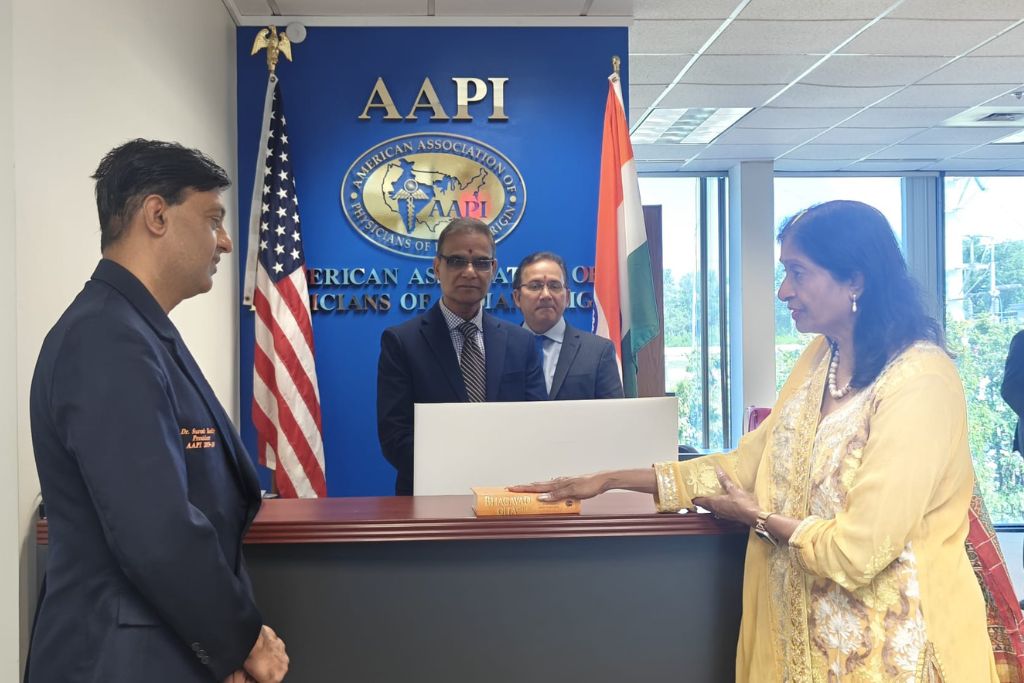 Presidential & BOT Chair Handover Ceremony was held on Thursday, July 3, 2025. This ceremony marks a meaningful leadership transition for our organization.”
Presidential & BOT Chair Handover Ceremony was held on Thursday, July 3, 2025. This ceremony marks a meaningful leadership transition for our organization.”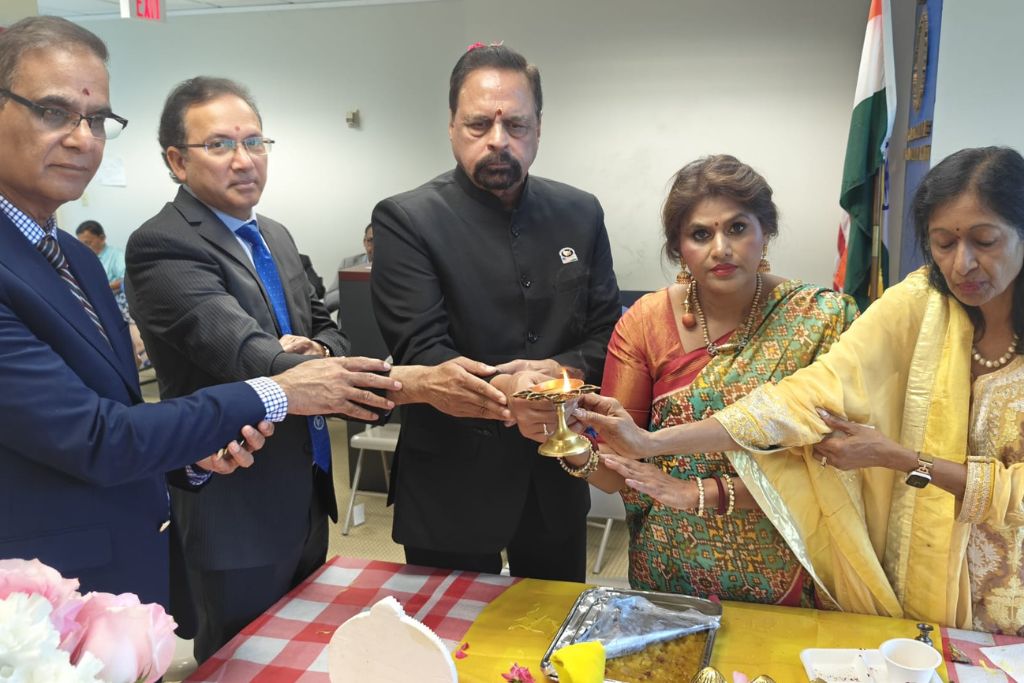 Dr. Hetal Gor, a board-certified obstetrician-gynecologist, assumed charge as the Chair, Board of Trustees of AAPI. Dr Gor is the president/Founder of Bergen Indian Medical Association , President /Founder of US chapter of FOGSI (Federation of OBGYN Society of India, and had served as the past President of the American Association of OBGYN of Indian Origin. Dr Gor is the Chair of North NJ chapter of Indian American Women Entrepreneurs Association. Dr Gor is a Board of Trustees of Bergen Performing Arts Center in Englewood, NJ, where she brings Indian art and artists to showcase Indian Heritage.
Dr. Hetal Gor, a board-certified obstetrician-gynecologist, assumed charge as the Chair, Board of Trustees of AAPI. Dr Gor is the president/Founder of Bergen Indian Medical Association , President /Founder of US chapter of FOGSI (Federation of OBGYN Society of India, and had served as the past President of the American Association of OBGYN of Indian Origin. Dr Gor is the Chair of North NJ chapter of Indian American Women Entrepreneurs Association. Dr Gor is a Board of Trustees of Bergen Performing Arts Center in Englewood, NJ, where she brings Indian art and artists to showcase Indian Heritage.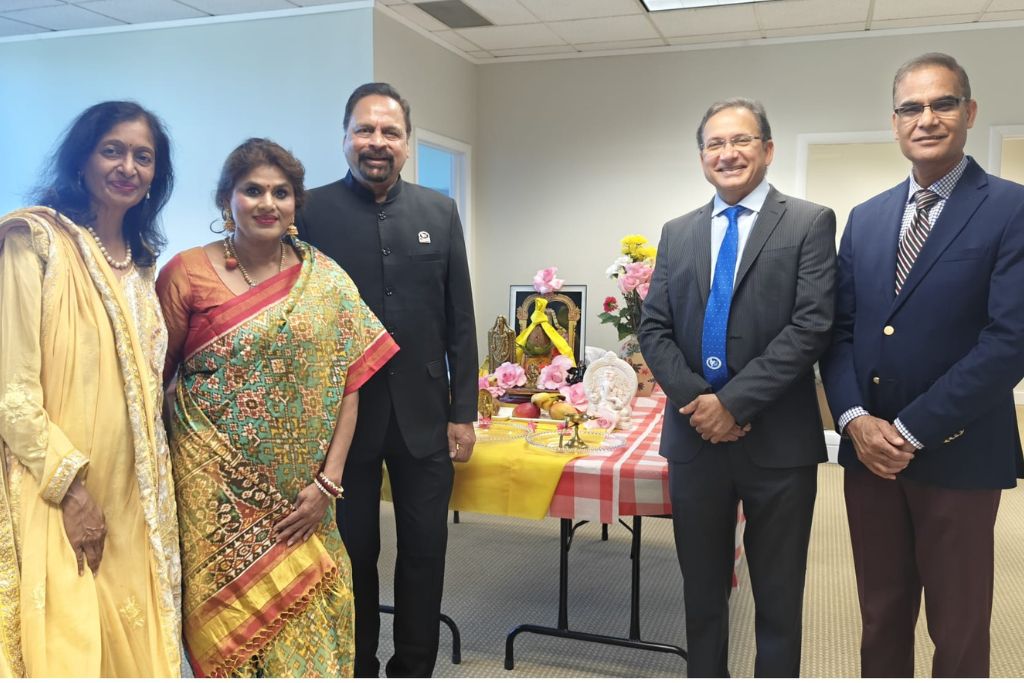 Physician, serving as the Medical Director of Mount Sinai Hospital, FAQH Center, and a Staff Physician Advocate at Good Samaritan Hospital as well as a Clinical Preceptor at UIC College of Medicine, Department of Family Medicine CMU School of Medicine also was administered the oath of office as the President Elect of AAPI.
Physician, serving as the Medical Director of Mount Sinai Hospital, FAQH Center, and a Staff Physician Advocate at Good Samaritan Hospital as well as a Clinical Preceptor at UIC College of Medicine, Department of Family Medicine CMU School of Medicine also was administered the oath of office as the President Elect of AAPI. achievements and contributions to our motherland, India, our adopted land, the US, and in a very significant way to the transformation of Indo-US relations.
achievements and contributions to our motherland, India, our adopted land, the US, and in a very significant way to the transformation of Indo-US relations.